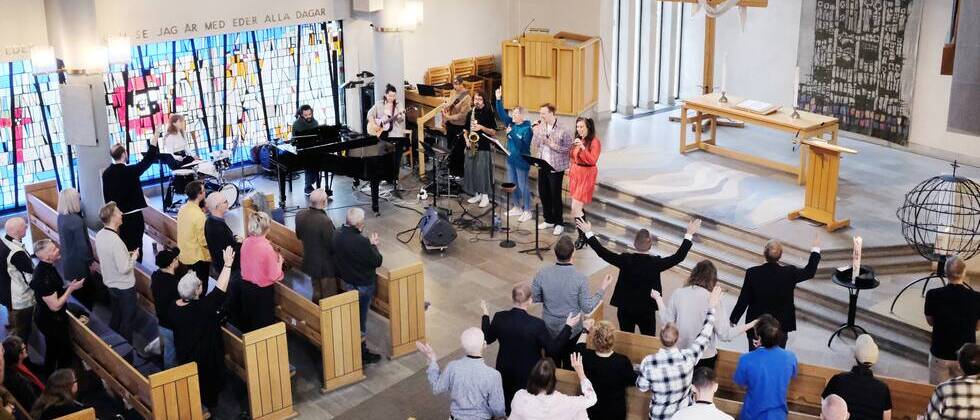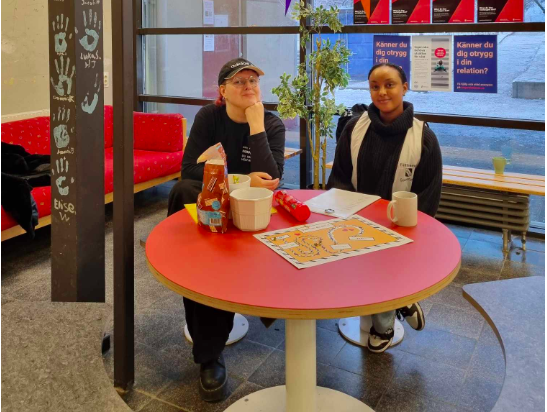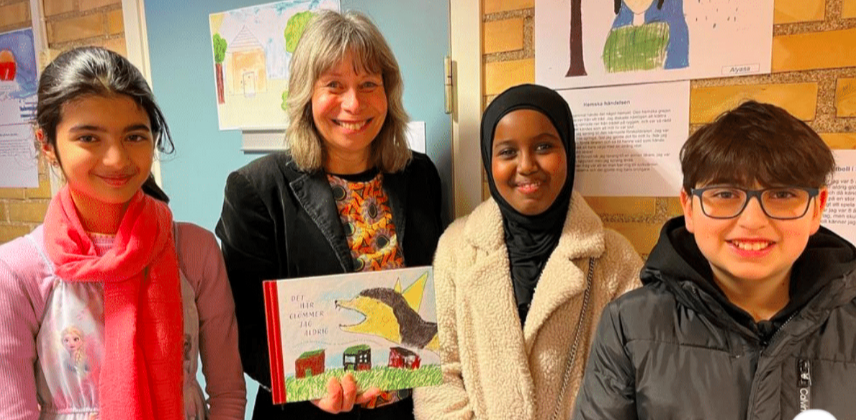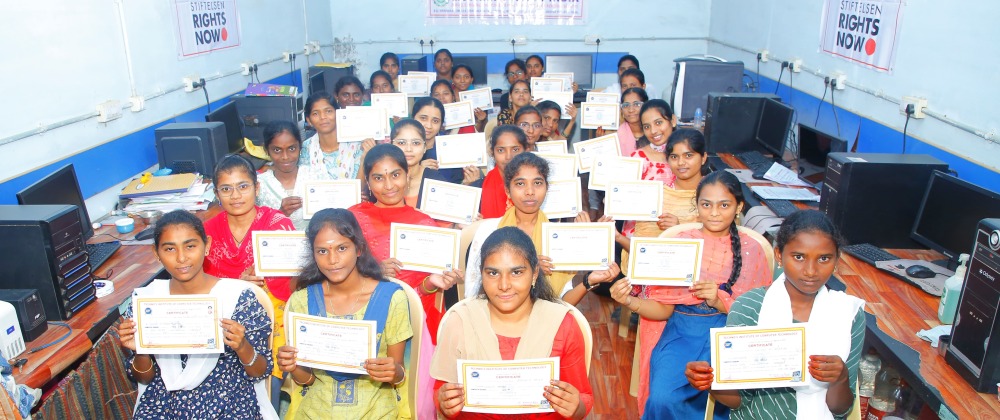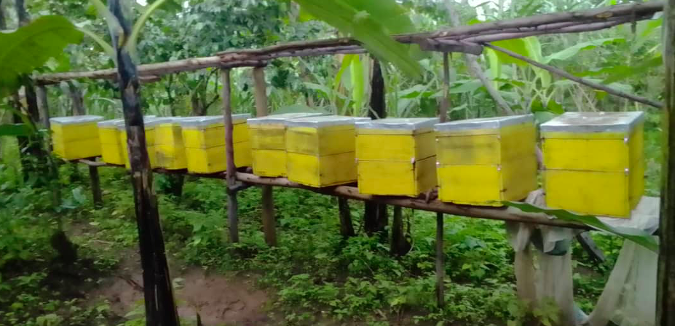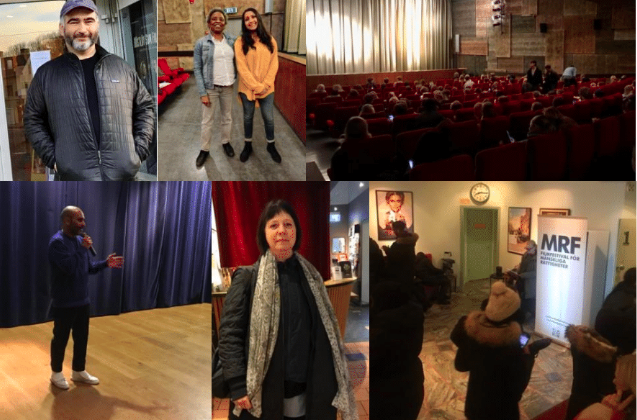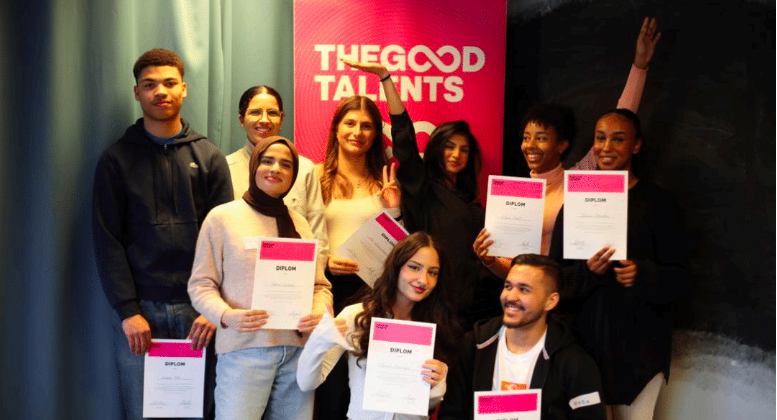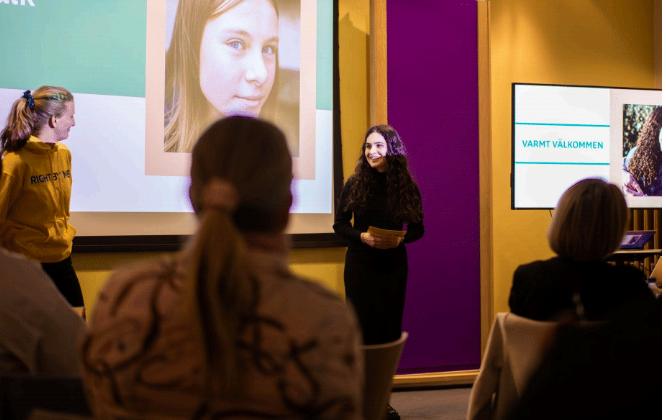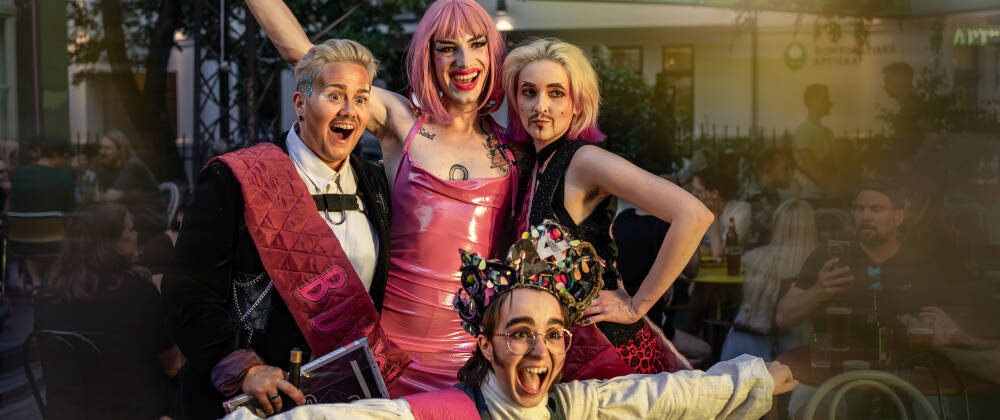
Pingvīni – Baltic Drag King Festival 2024
X
The project “Baltic Drag King Festival 2024” was completed in June 2024, organizing the sixth annual festival in Riga, Latvia as part of the “Drag Yourself Here: Riga Edition” exhibition and Baltic Pride program. The event featured drag shows, workshops, lectures, and discussions, using drag to educate society through culture while highlighting masculinity and representing women, trans, and non-binary identities in a region with limited LGBTQ rights. The target audience included the LGBTQ communities in Latvia, Lithuania, and Estonia, as well as allies and critics, with a focus on promoting inclusion.
X
The festival ran from May 30 to June 30, 2024, offering free events: an exhibition showcasing works from 20 LGBTQ performers from Latvia, Lithuania, and Estonia; three drag shows with artists from Latvia, Lithuania, Estonia, and Poland; a discussion panel with experts from Latvia and Lithuania; a community crafting workshop with Ukrainian facilitators; a lecture by a Latvian facilitator; and a dragking make-up workshop led by a Polish facilitator. Held at two venues in central Riga, the events successfully engaged youth, the LGBTQ community, civic activists, and supportive observers.
X
The project was promoted via press releases in national Latvian and Estonian media, and event photos were shared on the organizers’ and participants’ social media. Post-event evaluations maintained contact with both artists and attendees to assess engagement and address any mental health strains from the busy June schedule.
X
Application Year 2024 – Theme: Health and rights – LGBTQI
Grant: 100 000 (SEK)
X
Photo credits: Krista Saberova and Edgars Tabaks
X
